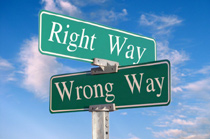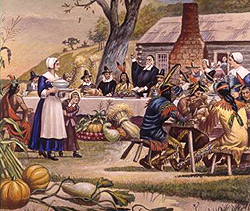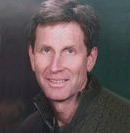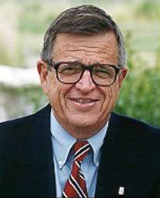12/23/2010 – Steve Jalsevac –
Christ lived and taught and was Love, but that love and teaching were never politically correct. They often involved the saying of hard truths that many did not want to hear.
Christ’s birth was the ultimate sign of God’s love for the human race. And yet He was hated and there were those who wanted to kill Him, even as an infant and later as He healed thousands of diseases and even raised some from the dead. In the end, He was cruelly murdered.
One of the lessons of His life was that true love does not avoid conflict, and true love is often obliged to say things that are not welcomed or that disturb people, although the intent is never to disturb or to hurt. True love involves sticking one’s neck out where others refuse to do so for fear of personal discomfort, loss of worldly respect, or other less-than-admirable reasons. [Read more…]





